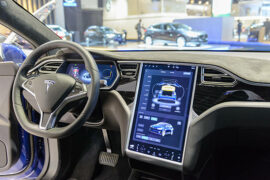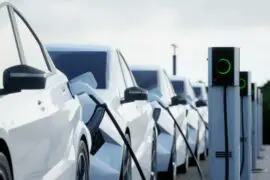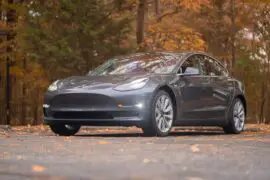The recent surge in Vandalism directed at Tesla vehicles has become a subject of considerable interest, leaving observers curious about the motives underlying these acts. Unraveling the reasons behind destructive behavior can offer valuable insights into larger societal and cultural dynamics. In this article, we delve into the potential factors that contribute to the Vandalism of Teslas, aiming to shed light on this troubling trend. By examining personal grievances, political and ideological motivations, anti-establishment sentiment, and random acts of Vandalism, we hope to understand why people are vandalizing Teslas and the implications of such actions. Through this exploration, we aim to foster dialogue and promote a more nuanced understanding of the complex factors driving these acts of destruction.
Contents
Historical Context of Vandalism
Characterized by deliberate acts of destruction, Vandalism has long been a societal concern with various implications. It involves defacing or damaging property, often motivated by personal, ideological, or anti-establishment reasons. The consequences of Vandalism can range from financial losses for individuals or businesses to the erosion of social cohesion and trust within communities.

Numerous instances of Vandalism targeting companies have occurred throughout history, reflecting various motivations. From graffiti on public spaces to acts of destruction targeting corporate properties, the motives behind such actions have been diverse. Notable examples include protests against globalization and corporations, demonstrations against environmental degradation, and acts of dissent against entities symbolizing power and wealth.
Recently, a troubling trend has emerged with the rise of Tesla vandalism. Tesla, a pioneer in the electric vehicle industry and a symbol of technological innovation and environmental sustainability, has become a specific target. Instances of vandalizing Tesla vehicles have been reported in various locations, prompting concerns about the motivations driving these acts.
The recent wave of Tesla vandalism raises important questions about the factors contributing to this trend. Understanding the historical context of Vandalism and the broader societal and cultural dynamics is crucial for comprehending the motivations behind these acts of destruction. By analyzing past instances and examining the distinct characteristics of the recent wave of Tesla vandalism, we can gain valuable insights into this concerning phenomenon and explore potential avenues for addressing and preventing such actions.
Personal Grievances and Conflicts
Regarding acts of Vandalism, personal motives play a significant role in driving individuals to engage in destructive behavior. Understanding these motives can provide valuable insights into the Vandalism targeting Tesla vehicles.
The personal motives behind Vandalism can stem from various factors, such as resentment, frustration, or a desire for revenge. In the context of Tesla, individuals may hold grievances against the company, its practices, or even its charismatic CEO, Elon Musk. These grievances can arise from various sources, including personal experiences, ideological differences, or perceived injustices.
Conflicts between individuals and Tesla may arise due to a range of reasons. Some individuals might resent the company’s success, viewing it as a symbol of wealth inequality or corporate power. Others may have had negative experiences with Tesla as customers, such as issues with vehicle quality, customer service, or perceived lack of transparency. Such conflicts can fuel hatred and drive individuals to express their discontent through acts of Vandalism.
Personal grievances leading to Vandalism can take various forms. For example, individuals may vandalize Tesla vehicles to vent their frustrations or seek revenge for what they perceive as wrongdoing. It could involve keying the cars, smashing windows, or defacing the vehicles with graffiti. These acts are often intended to send a message or draw attention to their grievances, albeit through destructive means.
It is important to note that while personal grievances may be driving factors, acts of Vandalism are illegal and can have severe consequences for those involved. Constructive dialogue and peaceful means of addressing concerns can provide more productive avenues for resolving conflicts between individuals and companies like Tesla.
Political and Ideological Motivations
Political and ideological motivations can significantly influence acts of Vandalism, including those targeting Tesla vehicles. Understanding the connection between political ideologies and these acts of destruction can provide insights into the underlying factors.
Tesla’s environmental and clean energy initiatives have made it a prominent figure in the fight against climate change. The company’s focus on electric vehicles and sustainable energy solutions has garnered praise and criticism. For some individuals, Tesla’s commitment to reducing carbon emissions and promoting clean energy aligns with its environmental and progressive political ideologies. These individuals may see Tesla as a champion of their cause, and acts of Vandalism targeting the company may arise as a protest against what they perceive as insufficient progress or actions by Tesla.
Conversely, political ideologies may clash with Tesla’s mission and principles. Some individuals with opposing ideologies may view Tesla’s efforts as intrusive government intervention or market disruption. These ideologies may be rooted in beliefs surrounding free markets, limited government intervention, or skepticism toward climate change. Acts of Vandalism targeting Tesla vehicles could be driven by a desire to oppose what they perceive as an encroachment on personal freedom or resistance against misguided environmental policies.
Moreover, ideologies that promote anti-establishment sentiments can also play a role in motivating acts of Vandalism. Tesla’s success as a disruptive force in the automotive industry and its status as a symbol of corporate power may attract individuals who are critical of large corporations and those who advocate for more decentralized economic models. Acts of Vandalism can be seen as a way to express dissent against the perceived dominance of Tesla and its influence on the market.
It is essential to recognize that political and ideological motivations can be complex and multifaceted, varying among individuals who engage in acts of Vandalism. Understanding these motivations can help foster dialogue and constructive engagement to address concerns and find common ground between ideological perspectives.
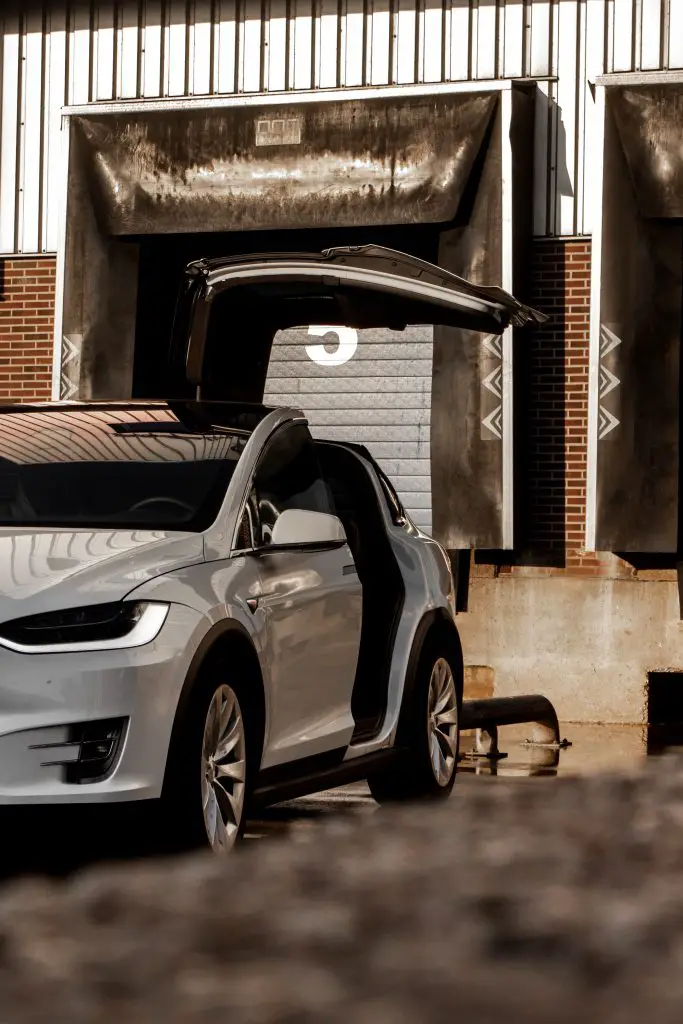
Anti-establishment Sentiment
The anti-establishment mindset is a prevalent force that can contribute to acts of Vandalism, including those targeting Tesla vehicles. Understanding this sentiment provides valuable insights into the motivations behind such destructive behavior.
The anti-establishment mindset is characterized by distrust or rejection of established institutions, including corporations, governments, and traditional power structures. Those who hold this sentiment often perceive these entities as oppressive, corrupt, or out of touch with the needs and values of the people.
With its status as a symbol of corporate success and disruption, Tesla attracts attention from individuals harboring anti-establishment sentiments. The company’s innovative approach, rapid growth, and visionary leadership under Elon Musk have positioned it as a formidable force challenging the status quo. As such, Tesla becomes a target for those seeking to express discontent with perceived power imbalances, corporate influence, or societal issues.
Acts of Vandalism against Tesla vehicles can be seen as a manifestation of this anti-establishment sentiment. By targeting a high-profile company like Tesla, individuals attempt to voice their opposition to what they perceive as the dominance of large corporations and the negative consequences they associate with them. Vandalism is a visible and disruptive act that challenges the established order and draws attention to perceived injustices or imbalances.
While anti-establishment sentiment can be a driving force behind acts of Vandalism, it is important to note that not all individuals sharing this sentiment engage in destructive behavior. Peaceful protest, dialogue, and advocacy avenues are essential for addressing concerns and effecting meaningful change in society. Understanding and engaging with the underlying issues fueling anti-establishment sentiment can promote more constructive and inclusive approaches to addressing social and economic challenges.
Random Acts of Vandalism
Random acts of Vandalism, characterized by acts of destruction without a specific motive, are a concerning aspect of the broader trend targeting Tesla vehicles. Understanding the nature of these random acts sheds light on the motivations behind such destructive behavior.
Random acts of Vandalism often lack a clear rationale or underlying grievance. They are driven by a desire for thrill-seeking, mischief, or a misguided notion of rebellion. Some individuals engage in random acts of destruction to express power, assert control, or seek an adrenaline rush.
Thrill-seeking behavior can be a significant factor in random acts of Vandalism. For some individuals, the act of vandalizing property, including Tesla vehicles, provides a sense of excitement and an outlet for their impulses. The thrill of engaging in illicit activities and the adrenaline rush associated with breaking societal norms may be their primary motivation.
Due to their prominence and distinctive appearance, it is important to note that Tesla vehicles may attract attention as random targets of Vandalism. The visibility of Tesla’s electric vehicles, along with the company’s high profile in the automotive industry, makes them easily recognizable and potentially appealing to individuals seeking random acts of destruction. Moreover, the perception of Tesla as a symbol of success and wealth might make it a target for individuals driven by envy or a desire to disrupt societal norms.
While random acts of Vandalism may not have a specific motive related to Tesla or the company’s mission, they still contribute to the broader concern surrounding destructive behavior. Addressing these random acts requires a comprehensive approach that includes fostering empathy, promoting positive outlets for thrill-seeking behavior, and strengthening community values to discourage Vandalism as a means of expression.
Consequences and Responses
Acts of Vandalism, regardless of their motives or targets, carry significant consequences. Understanding these consequences and examining the responses to the Tesla vandalism trend provides insights into how society addresses such destructive behavior.
From a legal standpoint, Vandalism is considered a crime and can result in serious penalties. Depending on the jurisdiction and the extent of the damage caused, individuals convicted of Vandalism may face fines, community service, probation, or even imprisonment. The legal implications serve as a deterrent against engaging in acts of destruction and aim to maintain social order.
As a company affected by the vandalism incidents, Tesla has taken measures to address the issue. They have emphasized the importance of respecting private property and actively cooperated with law enforcement agencies to investigate and prosecute those responsible. Additionally, Tesla has increased security measures, such as surveillance cameras and enhanced monitoring, to deter potential acts of Vandalism and protect their vehicles and properties.
Community and public responses to the Tesla vandalism trend have varied. Some individuals express outrage and condemn the acts, recognizing the negative impact on Tesla and the community. Communities may support affected Tesla owners and advocate for stronger measures to prevent Vandalism. Additionally, public awareness campaigns and community engagement initiatives can promote dialogue and education about the consequences of destructive behavior.
In response to the vandalism trend, broader discussions about respect, empathy, and peaceful means of expression may emerge. It is crucial to encourage dialogue and address underlying concerns or grievances through constructive channels rather than resorting to destructive actions. Open conversations can promote understanding, bridge divides, and work towards finding common ground between differing perspectives.
Why are people vandalizing Tesla’s
The rise in Tesla vandalism has raised questions about the motivations behind such acts and the broader social and cultural dynamics. Reflecting on the various factors discussed throughout this article provides valuable insights into this trend.
Personal grievances, political ideologies, anti-establishment sentiment, and random acts of destruction have all been identified as potential drivers of Tesla’s Vandalism. However, it is important to acknowledge that these acts do not represent the majority’s sentiment. The majority of individuals respect the principles of peaceful coexistence and constructive engagement.
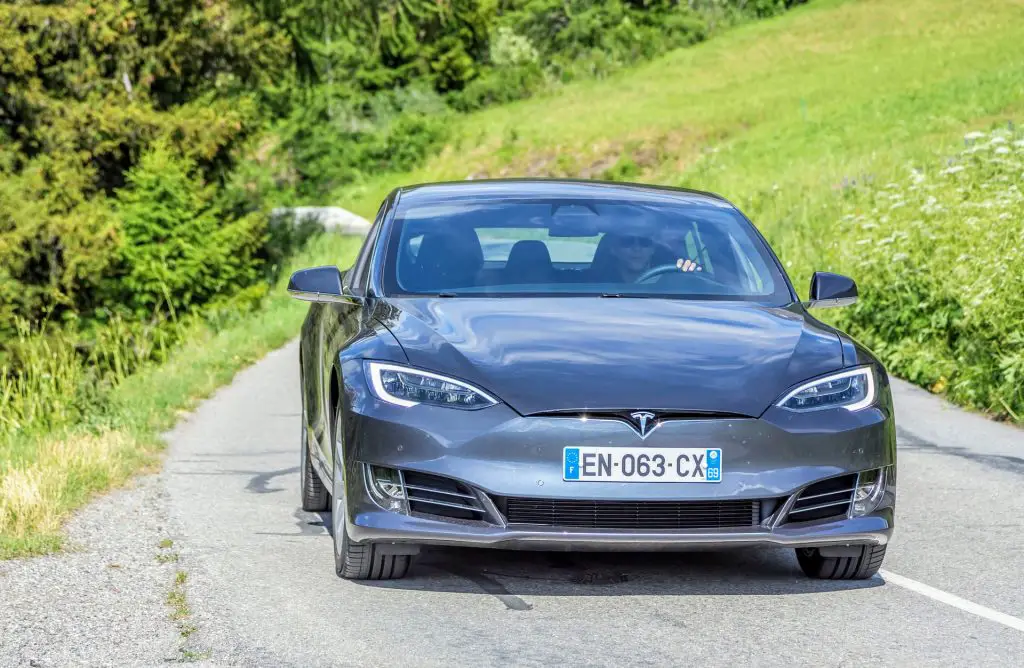
Fulfilling open dialogue and peaceful resolution of conflicts is crucial to address the issue of Tesla vandalism and similar acts of destruction. Creating spaces where individuals can express their concerns, engage in productive conversations, and find common ground is essential. Constructive communication can lead to a better understanding of different perspectives and help address underlying issues that contribute to Vandalism.
Furthermore, it is important to recognize that Vandalism is not an acceptable means of expressing grievances or discontent. Such acts have legal consequences and negatively impact individuals, communities, and society. Promoting empathy, respect for private property, and responsible civic behavior can help deter Vandalism and encourage a more harmonious and inclusive society.
By addressing the factors contributing to Tesla’s Vandalism and cultivating a culture of open dialogue, we can work towards finding peaceful resolutions to conflicts, fostering understanding, and ultimately creating a society where acts of destruction are replaced by constructive engagement and positive change.


